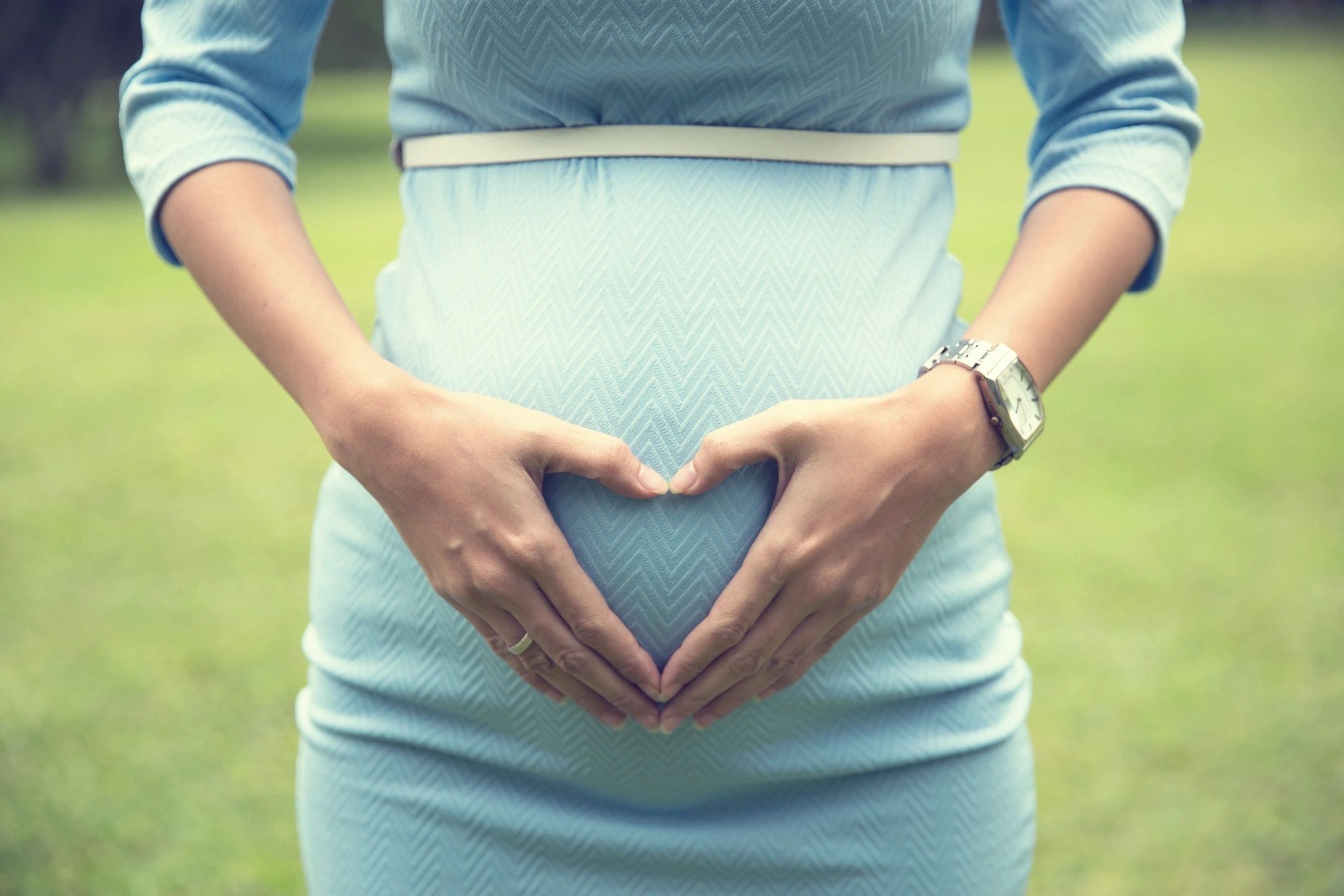A look at “Baby Blues” vs. Postpartum Depression. I have a close family member who gave birth to her first child right before COVID-19. She has spent nearly two years being fairly isolated with her child. Her husband is in the healthcare field, so he did not have the option of working from home and was gone the majority of every day.
Therefore, she was alone a lot and navigating being a first-time mom all by herself. She definitely had some very hard days. And still does. So does that qualify as “Baby Blues” or true Postpartum Depression?
A Look at “Baby Blues” vs. Postpartum Depression
What are the “Baby Blues”?
If you have ever had a baby, then you more than likely know about the “baby blues.” When people talk about the “baby blues,” they are referring to the weeks immediately after delivering a baby in which the mother experiences a drastic change in hormones.
The hormones Estrogen and Progesterone quickly drop after delivery, which can leave mama feeling a range of emotions from utter happiness or extreme sadness. The “baby blues” occurs in at least 80% of new mothers. Thankfully, the “baby blues” typically subsides within 1-2 weeks after delivery.
What is Postpartum Depression?
On the other hand, 15% of mothers have continued symptoms leading to depression. Unfortunately, many mothers expect to be depressed for weeks after delivery and do not consider the severity of their symptoms, therefore do not get treatment. In fact, 1/3 of women with depression do not seek out help. It is critical that mothers take care of their mental health so they can care for their families.
Postpartum depression can last for months if not years left untreated. It is important for new mothers to evaluate their emotions and consider the needs for further help.
Most OBs give new mothers a postpartum screening at their 6-week follow-up appointment, but not all do. It is vital that mothers know the symptoms of depression and how to get help.
Here is a list of the most common symptoms of Postpartum Depression:
- Increased crying, sadness, and anxiety
- Oversleeping or inability to sleep even when the baby is asleep
- Rage or anger
- Unmotivated to care for self or family
- No longer enjoying activities one used to enjoy
- Difficulty concentrating and/or poor memory
- Change in appetite and/or weight
- Isolating from family and friends
- Difficulty bonding with the baby
- Thoughts to harm self or the baby
Do You Think You May Need More Support?
Many of these symptoms can be scary in new moms. Especially if you’ve given birth during this pandemic. That alone can cause feelings of isolation and depression. You are not alone. There are numerous forms of therapy and medications that are proven to help with depression and anxiety.
If you or someone you know is experiencing Postpartum Depression, please tell a professional. You can talk to your OB or call the Therapists at Waters Edge Counseling at 912.319.5552 or email us at info@watersedgecounseling.com to speak to a professional. We are here for you.



